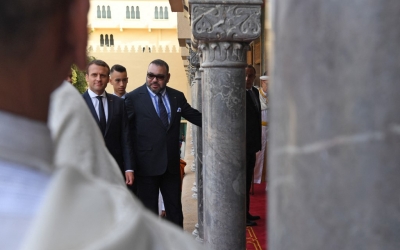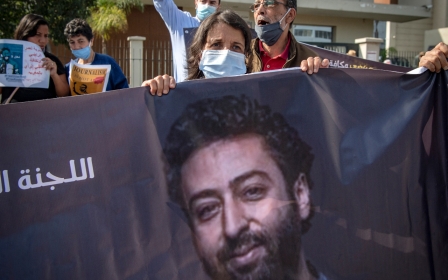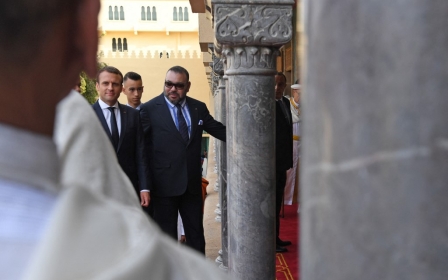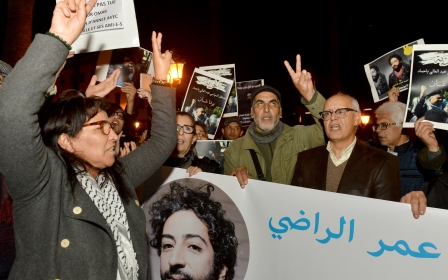Morocco: Jailed journalist Omar Radi sentenced for 'public drunkenness'
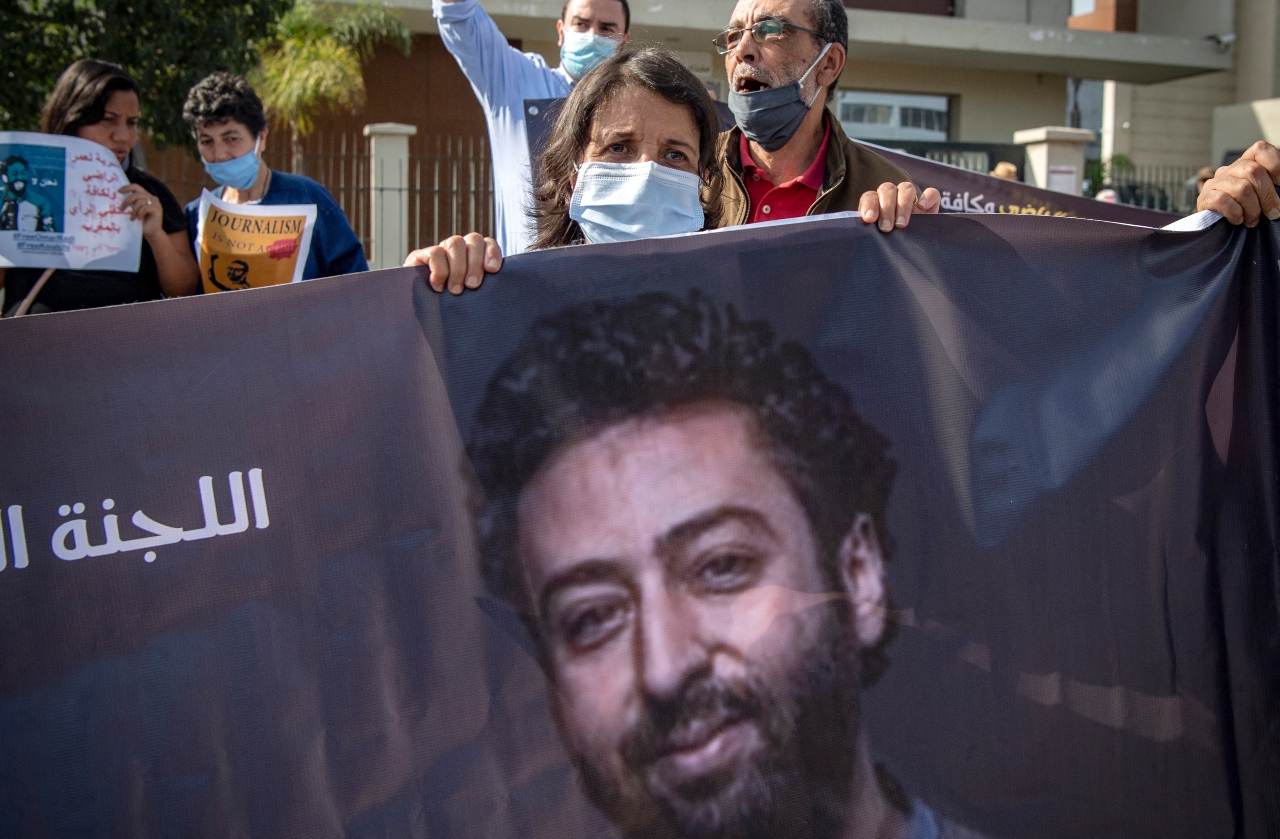
A court in Morocco on Thursday sentenced journalist and rights activist Omar Radi - who was already imprisoned on charges of espionage and rape - to a three-month suspended sentence for "public drunkenness", his lawyer Miloud Kandil said.
Fellow journalist Imad Stitou received the same sentence, despite the judge at the Casablanca court not hearing from either of them, Kandil told AFP.
The charges relate to an incident in July last year when two journalists from the website Chouf TV filmed Radi, 35, and Stitou, 32, leaving a bar in the city.
The Chouf TV journalists were also handed two-month suspended sentences for "recording videos of a person without consent", according to Kandil.
At the time, Radi had accused Chouf TV of running "a coordinated defamation campaign" against him.
New MEE newsletter: Jerusalem Dispatch
Sign up to get the latest insights and analysis on Israel-Palestine, alongside Turkey Unpacked and other MEE newsletters
Radi is one of the founders of Le Desk, an independent Moroccan news website publishing content critical of the authorities.
Spyware allegations
On 29 July 2020, Radi was arrested and charged with “harming the internal and external security of Morocco” and of receiving funds from sources “linked to foreign intelligence agencies”.
Radi was also charged with rape and indecent assault against a female after a former Le Desk colleague alleged he assaulted her.
He was sentenced last month to six years in jail on charges of espionage and rape, stirring condemnation from rights groups. Radi has protested his innocence throughout.
Stitou, who was said to have been present with Radi when he allegedly committed the rape, was sentenced to six months behind bars.
Radi's trial opened last year, just days after Amnesty International claimed that Moroccan authorities had planted Israel-made Pegasus spyware on his mobile phone.
Morocco was again cited in a report published last month as using the NSO Group's software to spy on dissidents.
Moroccan authorities have "categorically rejected" using Israeli spyware to monitor critics at home and abroad.
Middle East Eye delivers independent and unrivalled coverage and analysis of the Middle East, North Africa and beyond. To learn more about republishing this content and the associated fees, please fill out this form. More about MEE can be found here.


